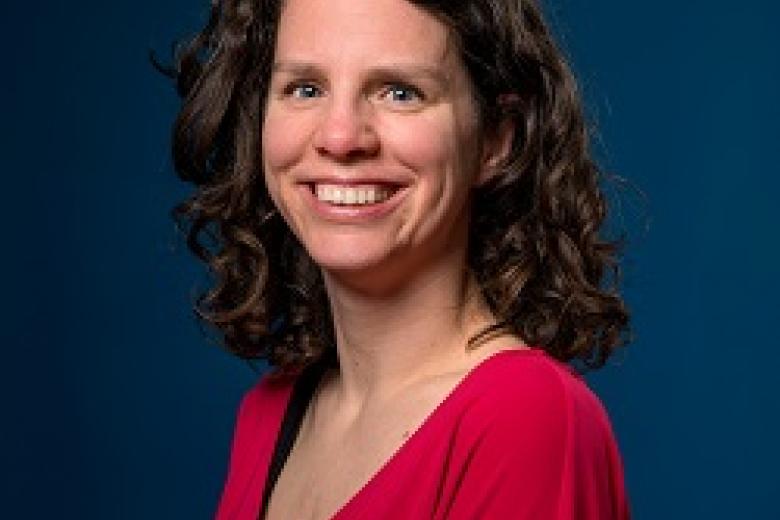Dutch diabetes scientist Aart van Apeldoorn receives almost one million dollars for research into a cure for Type 1 Diabetes
Dr Aart van Apeldoorn, who works at Maastricht University in the Netherlands, is to receive a contribution of almost one million dollars for his pioneering research into beta-cell protection against autoimmune attacks. The award from the JDRF (Juvenile Diabetes Research Foundation) was partly initiated by the Dutch department of this organisation, which operates worldwide.
People with Type I Diabetes (T1D) produce beta cells in the pancreas, which no longer produces insulin as a result of an autoimmune disease. Dr van Apeldoorn is focusing on finding a way to protect these beta cells against autoimmune attacks. This would be a major step towards finding a better treatment method for Type 1 Diabetes. Philip van Lookeren Campagne, director of JDRF Nederland, is very enthusiastic: ‘Patients currently depend on injections and an insulin pump. If Dr van Apeldoorn can create a protective ‘cover’, a treatment method can be developed that involves undergoing an intervention just once every three years. The combination of this protective cover and artificially-developed insulin-producing beta cells, or donor beta cells, could completely change the way in which we view and treat Type I Diabetes.’
‘The aim of our study is to improve the efficiency of current pancreatic islet transplantation. We are doing this by creating an environment, with the aid of a special implant, in which beta cells can function optimally and be provided with nutrients and oxygen. It is hoped that the islets will continue to function for a much longer time with the help of this implant. I am extremely grateful to JDRF for choosing to once again provide financial support for this study’, Dr van Apeldoorn told us.
‘The aim of this project is to improve the results of pancreatic islet transplantation. By developing an extremely thin, non-biodegradable implant, the islets can function better and survive', says Julia Greenstein, vice president of Discovery Research at JDRF International. ‘This work is essential in our Encapsulation Consortium, in which we are working to find better treatment methods for people with Type I Diabetes.’
About T1D
Approximately 150,000 people in the Netherlands have T1D, 15,000 of whom are children and young adults. T1D is an autoimmune disease with profound lifelong consequences. With T1D, the body does not make insulin, and therefore blood glucose levels are no longer regulated appropriately. This carries with it the risk of serious complications such as heart, eye and kidney complaints, nerve damage and strokes. People with T1D have to constantly and accurately check their blood sugar levels and administer insulin injections several times a day, or they have to carry an insulin pump on their body 24 hours a day.
About JDRF
JDRF is the leading global organisation for scientific research into the Cure, prevention and treatment of Type 1 Diabetes (T1D). T1D in an auto immune disease in which the body destroys the cells that make insulin. Since its establishment in 1970, the JDRF has financed T1D research in 27 countries and to the sum of 2 billion dollars, over €20 million of which has been awarded to the Netherlands. JDRF has therefore contributed towards practice the all the scientific progress that has been made in the field of this disease. The Netherlands has had its own branch of the JDRF since late 2010. With today’s results, the JDRF is contributing towards hope for the future. A world without T1D. For further information, please contact: www.jdrf.nl
Also read
-
PhD research shows impact of aggression on staff and patients in forensic care
Nienke Verstegen, researcher at De Forensische Zorgspecialisten, has conducted research on aggression within forensic care and its impact on patients and staff. On July 6, 2023, she will receive her PhD from Maastricht University with her dissertation 'Hurt people hurt people. Characteristics and...

-
No evidence of brain damage caused by severe COVID-19
Patients admitted to hospital due to a severe COVID-19 infection exhibit no evidence of brain damage caused by the disease. This is the conclusion of an extensive study led by Maastricht University.

-
Cold shivers?
Due to the Western lifestyle with a high fat diet combined with little exercise, more and more people in the Netherlands are overweight or even obese. This causes an increased risk of type II diabetes. What can be done about this besides a healthier lifestyle? The answer comes from an unexpected...
